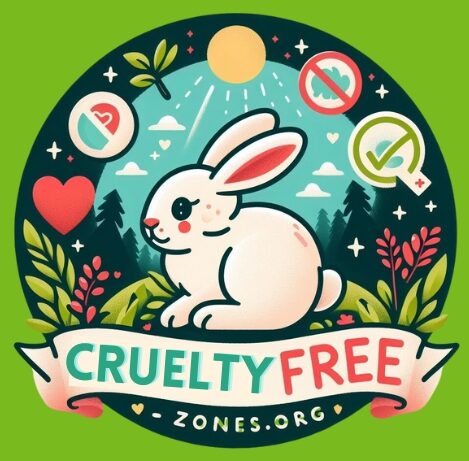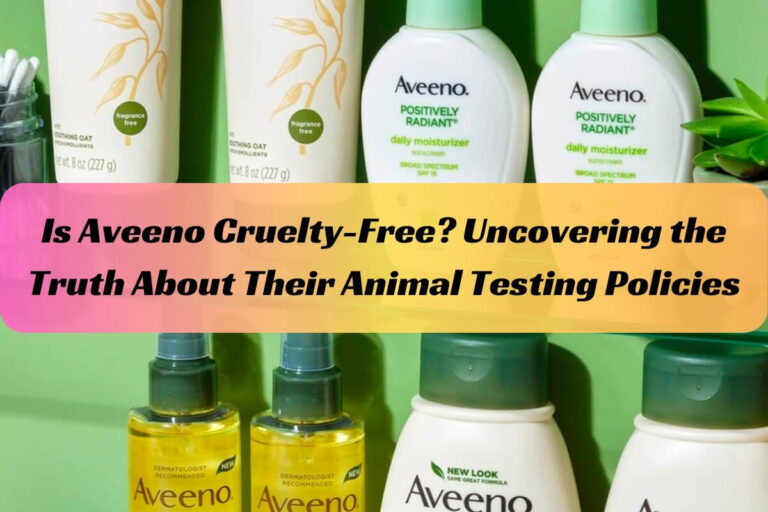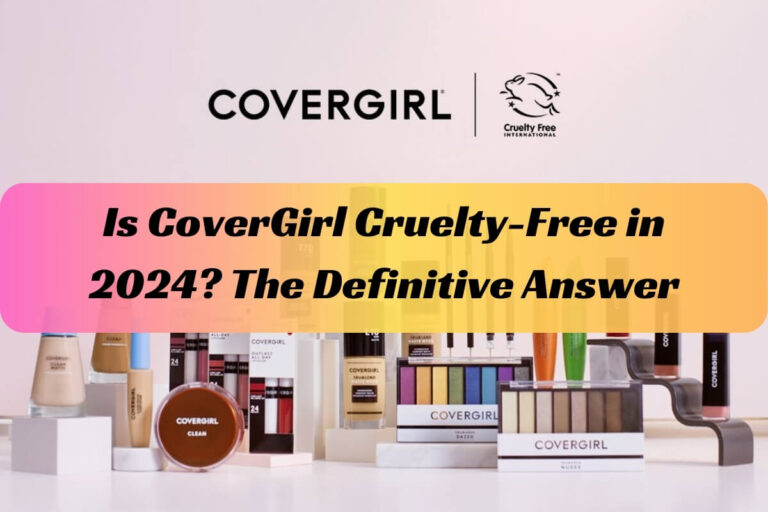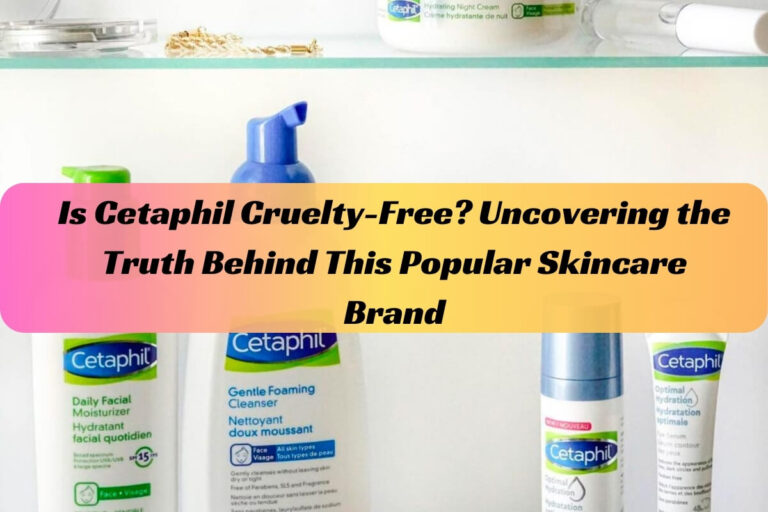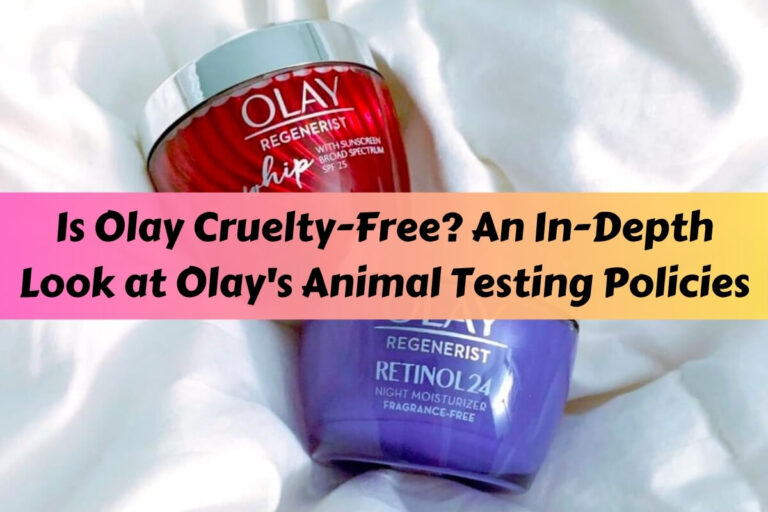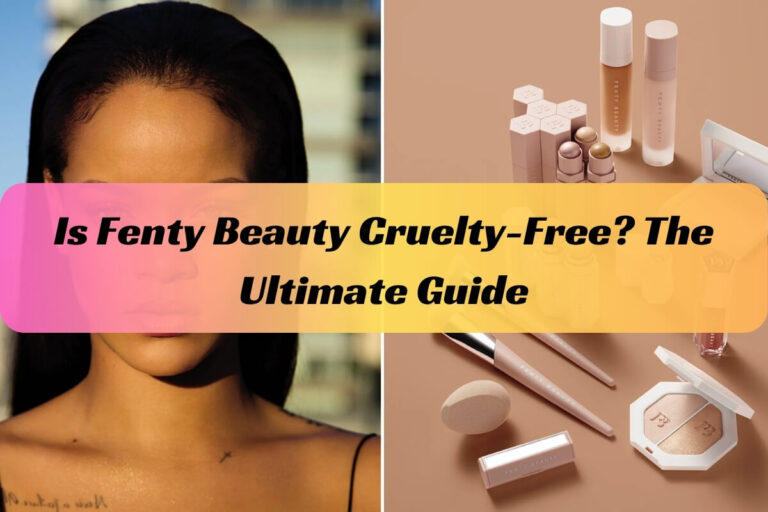Is Aquaphor Cruelty-Free in 2024? Truth About Their Animal Testing Policy
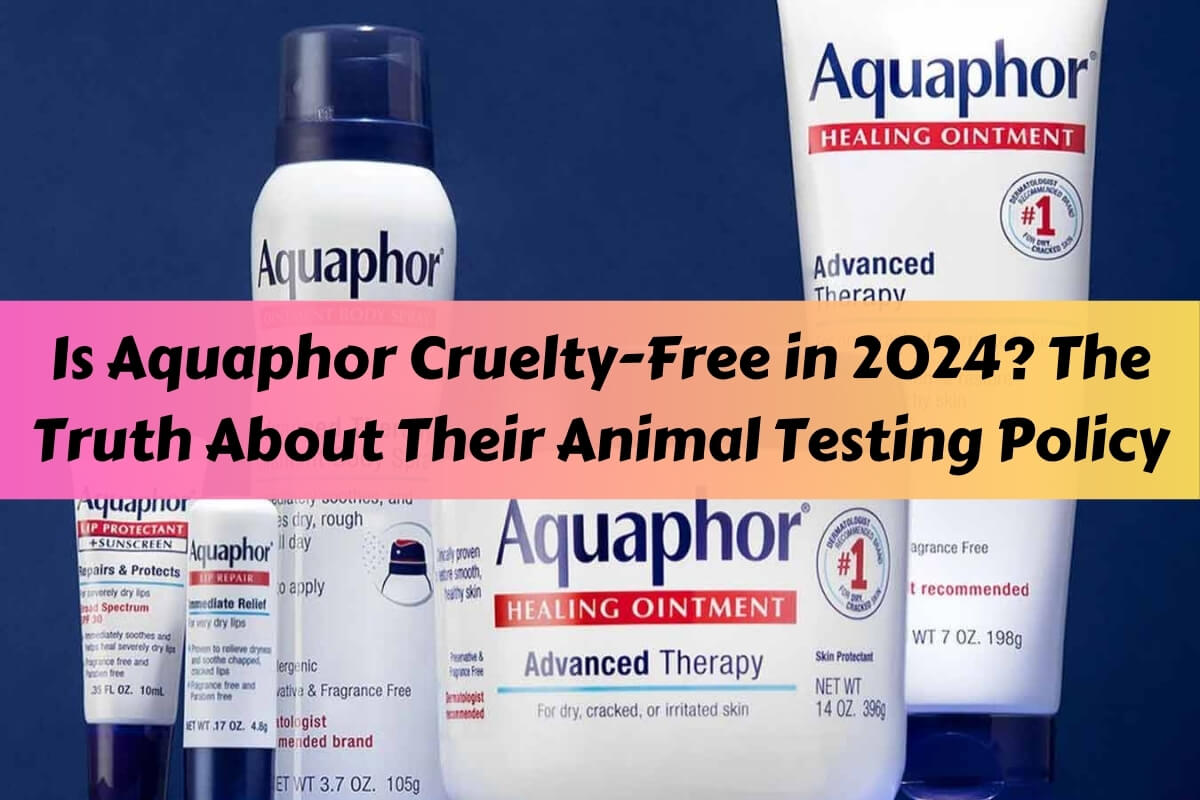
When it comes to choosing skincare products, more and more consumers want to ensure the brands they support align with their values of being cruelty-free and vegan. The cosmetics industry has faced increased scrutiny over unethical practices like animal testing for ingredients and finished products. One brand that frequently comes up in discussions is Aquaphor and whether their skincare ointments and creams are truly cruelty-free.
Is Aquaphor cruelty-free? Unfortunately, no – based on their official animal testing policies and statements, Aquaphor is not considered a cruelty-free brand.
This in-depth article will examine Aquaphor’s policies, explore what it means to be a certified cruelty-free brand, provide cruelty-free and vegan alternatives to Aquaphor, and discuss the future of ethical beauty. We’ll cover questions like:
- What is Aquaphor’s official animal testing policy?
- Do they allow third-party animal testing?
- Is their parent company cruelty-free?
- What animal-derived ingredients do they use?
- How can consumers identify truly cruelty-free brands?
- What cruelty-free alternatives exist for Aquaphor products?
Let’s dive into the important details of Aquaphor’s cruelty-free status.
What is Aquaphor?
For those unfamiliar, Aquaphor is a popular skincare brand best known for its cult-favorite Aquaphor Healing Ointment. This multi-purpose ointment is made up of panthenol and glycerin to provide long-lasting moisture.
The Aquaphor brand was created back in 1925 and is owned by Beiersdorf, a German skincare company that also owns other major brands like NIVEA and Eucerin. In addition to the original ointment formula, Aquaphor now offers a full line of products including lip balms, hand creams, and even baby care items.
Is Aquaphor Cruelty-Free and Vegan?
To address the key questions upfront – no, Aquaphor is not considered a cruelty-free brand based on their policies of allowing animal testing when required by law. They are also not a vegan brand, as some of their products contain animal-derived ingredients.
Aquaphor’s Official Animal Testing Policy
While Aquaphor states on their website that they “do not conduct animal testing on our products, and do not have any animal testing done on our behalf,” they make a very important exception – “unless, in the very rare case, this is specifically required by law.“
This policy means that while Aquaphor may not directly test their finished products or ingredients on animals, they do allow their products to be tested on animals by third parties when required by law in certain markets like mainland China.
Truly cruelty-free brands have a strict policy against animal testing, no matter what. They refuse to sell their products in any countries or regions that require animal testing by law.
Why Brands That Allow Animal Testing Aren’t Considered Cruelty-Free
For a brand to be legitimately certified as cruelty-free, it must have a clear, comprehensive policy that ensures no animal testing is conducted at any point in the product development and manufacturing process. This includes:
- Not testing finished products or ingredients on animals themselves
- Not allowing suppliers or third parties to test on animals for them
- Not selling products in countries that require animal testing by law
Any brand that makes exceptions and allows some degree of animal testing fails to meet the cruelty-free criteria set by organizations like PETA and Leaping Bunny.
Does Aquaphor Test on Animals Through Third Parties?
One of the key requirements to be certified cruelty-free is to not contract or pay any third parties or suppliers to test ingredients or products on animals. While Aquaphor claims to not have animal testing done on their behalf, their statement leaves some ambiguity around third-party testing.
Their policy does not outright confirm that none of their raw material suppliers perform animal testing either. This lack of transparency raises concerns that animal testing could potentially occur through third-party partners or suppliers without being disclosed.
Is Aquaphor Certified Cruelty-Free?
No, as of 2024, Aquaphor is not certified as cruelty-free by any of the major third-party cruelty-free accreditations like Leaping Bunny or PETA. These are the leading organizations that independently verify and authenticate whether brands truly meet strict cruelty-free standards across their supply chain.
The Importance of Cruelty-Free Certifications
While companies can claim to be cruelty-free on their own, receiving an official certification provides an important layer of transparency, substantiation, and auditing of those claims.
The certification process involves rigorous audits and examinations to ensure a brand’s policies and practices comprehensively prohibit animal testing, even when working with external suppliers or selling in markets that require it.
For conscious consumers who are cruelty-free, these certifications provide valuable third-party assurance that a brand is legitimately upholding cruelty-free standards.
Is Aquaphor’s Parent Company Cruelty-Free?
Not only is Aquaphor itself not cruelty-free, but its parent corporation Beiersdorf also still engages in certain animal testing practices that violate cruelty-free standards as of 2024.
Beiersdorf has been very transparent that, like Aquaphor, they do allow their products to undergo animal testing when specifically required by law in markets like mainland China.
This is a controversial issue in the cruelty-free community, as some consumers choose to boycott cruelty-free brands owned by parent companies that are not cruelty-free themselves.
The Debate Around Cruelty-Free Brands With Non-Cruelty-Free Parents
There are different viewpoints on whether it’s acceptable to support cruelty-free brands owned by larger corporations that allow animal testing:
The Boycott Perspective: Some argue that by funding any brand owned by an unethical parent company, you are still financially supporting and enabling animal-tested practices to continue. They believe the ethical choice is to boycott all brands under that unethical corporation.
The Change From Within Perspective: Others believe it’s better to support and grow cruelty-free brands within those corporations, as it puts financial pressure on the parent to see the consumer demand for more ethical alternatives. The hope is expanding the cruelty-free brand eventually convinces the parent company to abandon animal testing entirely.
There are reasonable arguments on both sides. Ultimately, it’s a personal choice which approach feels most aligned with your values as a cruelty-free consumer.
What Animal-Derived Ingredients Does Aquaphor Use?
In addition to not being cruelty-free, Aquaphor has also confirmed that some of their products contain animal-derived ingredients, meaning they are not a vegan brand either.
In response to an inquiry, Aquaphor directly stated that they use lanolin alcohol derived from sheep’s wool as well as beeswax as ingredients. While lanolin can potentially be cruelty-free if collected humanely, the presence of any animal products makes those products non-vegan.
For anyone seeking 100% vegan and cruelty-free skincare, it’s impossible to recommend or support any Aquaphor products based on their policies and formulations. So let’s discuss some ethical alternatives instead.
Cruelty-Free and Vegan Alternatives to Aquaphor
While Aquaphor may get a lot of viral attention for products like their Healing Ointment, ethical consumers have many other fantastic options to explore that are committed to being 100% cruelty-free and vegan. Here are some top alternative brands to check out:
Hello Bello – Affordable, clean baby products and skincare free of parabens, phthalates, and animal testing. Cruelty-free certified.
SkinFix – Vegan, dermatologist-developed skincare products for sensitive skin types. Leaping Bunny is cruelty-free certified.
Paula’s Choice – Science-backed skincare brand with cruelty-free, fragrance-free, non-comedogenic formulas. PETA-certified cruelty-free and vegan.
The Ordinary – No-frills, effective skincare line owned by cruelty-free brand Deciem. Vegan formulations at affordable prices.
Soap & Glory – Whimsically-packaged cruelty-free body care products including body lotions, scrubs, and butters. Leaping Bunny certified.
These are just a few options to consider as you make the switch to beauty brands that are committed to being cruelty-free and vegan. With so many affordable, ethical, and effective alternatives available, there’s no need to compromise your values.
How to Identify Truly Cruelty-Free Brands
As you explore cruelty-free beauty, it’s important to always check brand policies and certifications thoroughly. Many brands may claim to be “cruelty-free” in marketing, but their practices don’t always meet the strict criteria.
When evaluating a brand’s cruelty-free status, look for clear, transparent policies that prohibit animal testing no matter what, even when required by law in certain markets. Seek out brands officially certified by organizations like Leaping Bunny or PETA, which involve rigorous third-party audits and verifications.
Tools like Cruelty-Free Kitty and Logical Harmony’s databases are also invaluable resources for easily identifying certified cruelty-free and vegan brands. Reading a brand’s full animal testing policy on their website can help determine if any exceptions or loopholes exist as well.
The Future of Cruelty-Free and Vegan Beauty
While brands like Aquaphor still disappointingly allow some degree of animal testing, the overall beauty industry continues shifting in a much more ethical, sustainable direction driven by conscious consumers.
Year after year, the demand for cruelty-free, vegan, and clean beauty products grows tremendously as more people prioritize aligning their values and purchases. Market research indicates this ethical consumer mindset, particularly among younger generations, is only going to increase.
As cruelty-free brands capture bigger shares of the market, it puts immense pressure on unethical brands and corporations to re-evaluate their animal testing policies. Legislation to ban animal testing for cosmetics also continues advancing in various countries and regions.
The future looks bright as ethical shoppers support cruelty-free brands, pushing the beauty industry to evolve and adopt cruelty-free practices.
Conclusion
In summary, despite being a popular and frequently recommended skincare brand, Aquaphor unfortunately does not meet the criteria to be considered cruelty-free or vegan as of 2024. Their policies allow for animal testing when required by law and their products contain animal-derived ingredients.
For ethical beauty consumers, there are now a variety of amazing cruelty-free and vegan skincare brands to explore that are 100% committed to eliminating animal testing and animal-based ingredients from their practices. While change doesn’t happen overnight, the continued growth of this ethical consumer market ensures the future of beauty will become more cruelty-free over time.
Choosing skincare and beauty products is a personal decision based on values. For those against animal cruelty, there are many great cruelty-free and vegan options to replace conventional brands like Aquaphor. Research and open-mindedness make it easy to align your beauty routine with your ethics.
